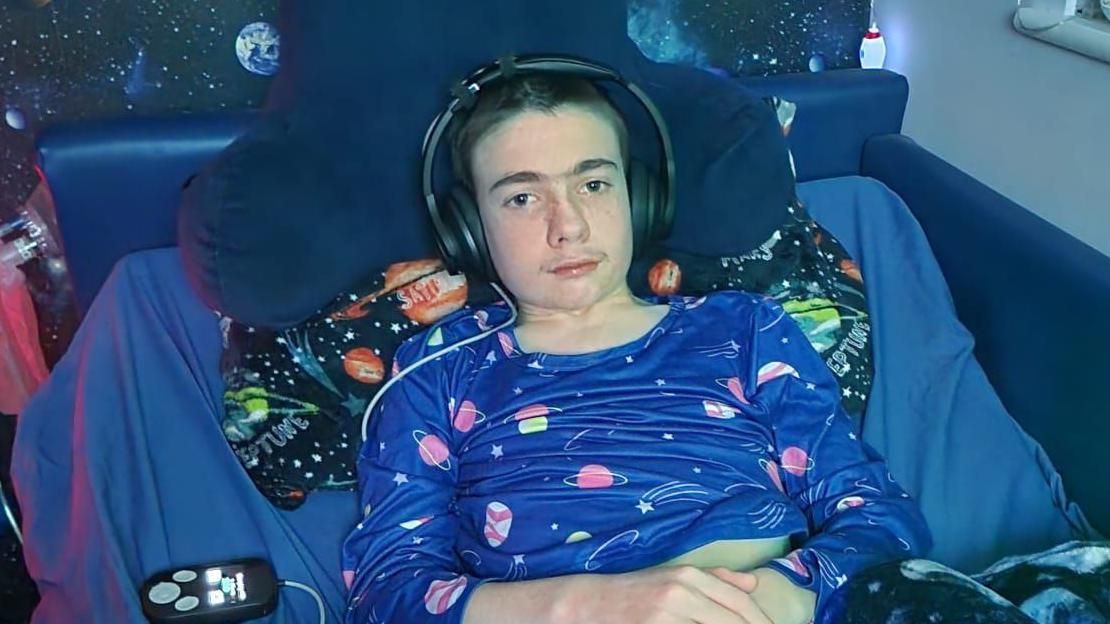"Dream, Dream, Dream! Conduct these dreams into thoughts, and then transform them into action."
- Dr. A. P. J. Abdul Kalam
"Dream, Dream, Dream! Conduct these dreams into thoughts, and then transform them into action."
- Dr. A. P. J. Abdul Kalam
28 Jun 2024
For thirteen years, Oran Knowlson has suffered from treatment-resistant epilepsy, but now he experiences seizure-free days thanks to a state-of-the-art brain implant. As part of a human trial pilot project, Oran Knowlson is the first person in the world to receive this implant. Lennox-Gastaut syndrome is a rare form of epilepsy that can cause up to 100 seizures each day. Since the age of three, the 13-year-old from Somerset, England, has had round-the-clock care and supervision because some of his seizures were so severe that they would nearly stop his heart.

(Source Of The Image: Google Images)
Healthcare Industry Made An Incredible Win With 100% Success On its First Receiver ~
Following the brain implant, Oran's mother told the news outlet Guardian, "I now have a teenager," referring to her son's newly acquired capacity for disobedience. Six months ago, she never would have imagined that the future would look so bright. "To see him riding a horse and getting his independence back is astounding," said Martin Tisdall, a pediatric neurosurgery consultant at Great Ormond Street Hospital in London, where Oran received treatment. "For Oran and his family, epilepsy completely changed their lives." They are happy and grateful to be a part of their journey.
Tisdall and the surgical team implanted two electrodes into Oran's brain, specifically in the thalamus, during the procedure. After that, wires were connected to a neurostimulator located on Oran's cranium bottom.
Created by Amber Therapeutics, it prevents the signals that trigger seizures from getting to the thalamus and instead provides continuous neurostimulation to assist in suppressing the seizures. Wireless headphones can recharge the gadget. Oran was one of three children involved in the pilot project, which aimed to enroll a further twenty-two children with Lennox-Gastaut syndrome. "For patients with very few effective treatment options, deep brain stimulation brings us closer than ever to stopping epileptic seizures," Dr. Tisdall continued.“We are excited to build the evidence base to demonstrate the ability of deep brain stimulation to treat pediatric epilepsy and hope in years to come it will be a standard treatment we can offer.”